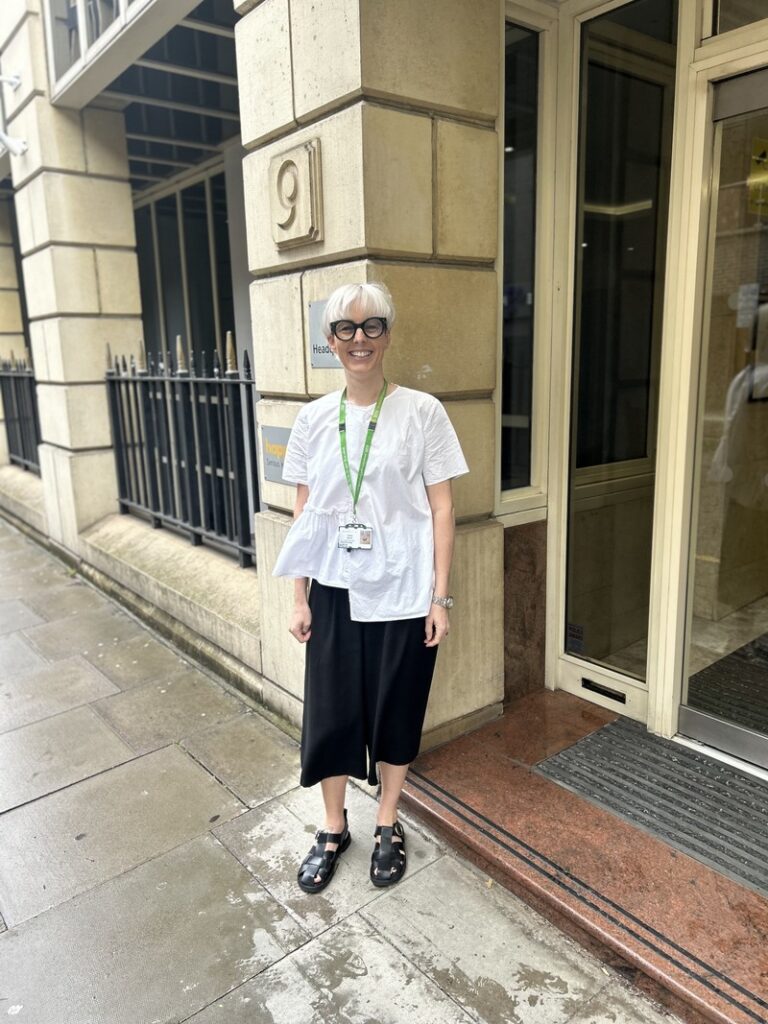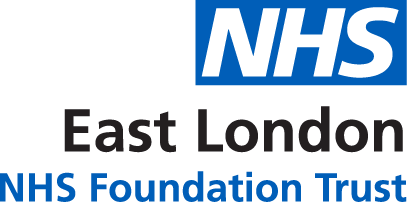Spotlight on Counter Fraud

Zenda Butler discusses her role as the Trust’s head of counter fraud and lead counter fraud specialist.
Why is counter fraud important?
About £1.2 billion is lost every year within the NHS due to fraud. As local counter fraud specialists, we help to protect the public's purse, certainly over the last few years there has been a lot of focus on fraud prevention. It is better to be able to prevent fraud than subsequently have to detect it and investigate it.
How does counter fraud help colleagues?
We’re not here just investigate allegations of fraud or bribery, we’re also here to support staff in raising concerns, and are here to help and advise staff. We get lots of staff contacting us for advice, we’re commonly asked for advice in respect of policies and procedures. We also get questions about the standards of business conduct and the rules in relation to declaring secondary employment.
How does counter fraud help service users?
Ultimately, if we’re able to prevent fraud there is more money to be spent on patient care whether that be more staff, or better facilities for our service users.
What types of fraud are being seen by the NHS?
There are a huge range of allegations that we receive every year, common frauds which are investigated across the NHS. I would say that the majority of our referrals relate to staff fraud, although we do sometimes get referrals in relation to patient fraud.
Within the area of staff fraud, one of the most prevalent frauds is working whilst on sick leave. This is where a staff member falsely claims to their manager that they’re unwell, they then go and do work elsewhere and don’t notify the Trust.
We’ve seen an increase in time sheet fraud cases and cases where our staff have undertaken private work when they’re meant to be working for us. I believe that there has been an increase in certain types of fraud because of the cost of living crisis and because of COVID, a lot of people are hybrid working which creates opportunities for some individuals to commit fraud.
We’ve also seen an increase in cases whereby staff commence full time university courses, fail to notify anyone in the Trust, and therefore try to juggle courses with full time employment. They then subsequently call in sick to go and do a placement or attend a lecture, or fraudulently request special leave.
What is your message to anyone who suspects fraudulent activity in the NHS?
Please report it! The quicker it’s reported, the quicker we can begin an investigation. If the allegations are substantiated, it means that we can take the appropriate action to recover money, which means money goes back into the Trust and back into patient care to benefit our services users.
Watch an interview with Zenda:
